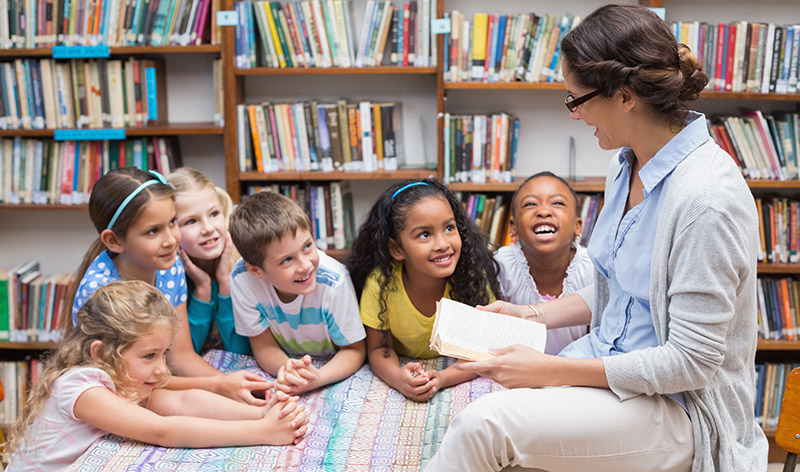Does your child act out because of frustration or intense emotions? Can you tell what he is feeling at the moment? Do you have any idea what he has been going through? Do you even consider that he might have had a bad day? True, he is a kid and certainly does not have the same responsibility or challenges that we adults have, but children, too, suffer from stress.
Children nowadays live in a more stressful environment than ever. The cause of their stress could be anything from daily schoolwork, conflicts with friends, negative self-image, parents’ divorce, death of a loved one, or moving to another town. Children are very sensitive to the changes around them. They may not even recognize that they are stressed out. We quite often fail to see them in stress because they do not always express how they feel and are oftentimes not willing to talk about it.
Life is not all fun, and it’s not that easy for most of us. It is impossible to eliminate stress completely out of life. In fact, stress is part of our reality. The good news is that not all stress is unhealthy. A small dose of pressure can motivate children. However, if stress is too intense or lasts long enough to impact their ability to function in a healthy way, it may contribute to their emotional suffering, depression or physical illness. It is just frightening to learn about tragic suicides among kids caused by stress and anxiety.
Are these facts stressing you out by knowing that in truth, stress can victimize children? But wait, there’s a really cool approach to help them tackle unnecessary and harmful stress!
According to research at the University of Sussex, READING is a great way to reduce stress, more effective than listening to music, exercise or taking a stroll. Reading a good book can distract children from intense feelings and thoughts, let them engage in the story, and allow them to calm down and loosen up.
Books can help children identify with characters in stressful situations and make it easier for them to relate. Characters in a story that experience certain emotions will help them identify their own feelings and gain an understanding of those emotions. Thus, they will be able to accept how they feel, and perceive that they are not the only ones who are feeling such emotions. In turn, they will accept their own feelings and who they are. They will gain confidence that they have the ability to succeed and to overcome similar challenges, and eventually learn to cope with the difficult situations in more constructive ways. This is such a powerful tool for them to learn to foster their strength, self-esteem and emotional intelligence.

Reading isn’t just an essential academic skill for kids. Encouraging reading can be a powerful way to foster resilience in children, too.
Moreover, when they identify with characters in a book they also can be exposed, far beyond reality, to the experiences that they might never get a chance to participate in within the ordinary world. Can you imagine what you can create in a story? How thrilling! Dr. Seuss said, “The more that you read, the more things you will know. The more that you learn, the more places you will go.” And the great news is that the more you read, the less stress you will feel while exploring the land of infinite possibilities.
Kids love having fun. It doesn’t matter which genre of literature they are into. Just by totally immersing in a book, they can find themselves free of worries and stress. Graphic novels, comic books, manga, ebooks, magazines, newspapers or cartoon books, all are still fun to read. When reading is fun and becomes a positive experience, a love for reading will grow in them for life and lead to success.
Children also often express themselves more freely when writing a story or poetry. They may discover ways to express their troubling thoughts, feelings or circumstances in words on paper. It could be soothing and therapeutic, especially for kids who find it difficult to speak them out.
In no time, children will grow up to face more challenges and stressful times. It is our responsibility to get them ready for life where they are competent and confident to navigate through the challenges to positive and desirable outcome. So, like an old saying, why not give them a gift to catch a fish rather than to give a fish? Hence, helping children to develop the habit of reading can be one of the best gifts we can give, which will assist them to grow up to be happier, healthier and more well-rounded adults.



 Kris Lee
Kris Lee 